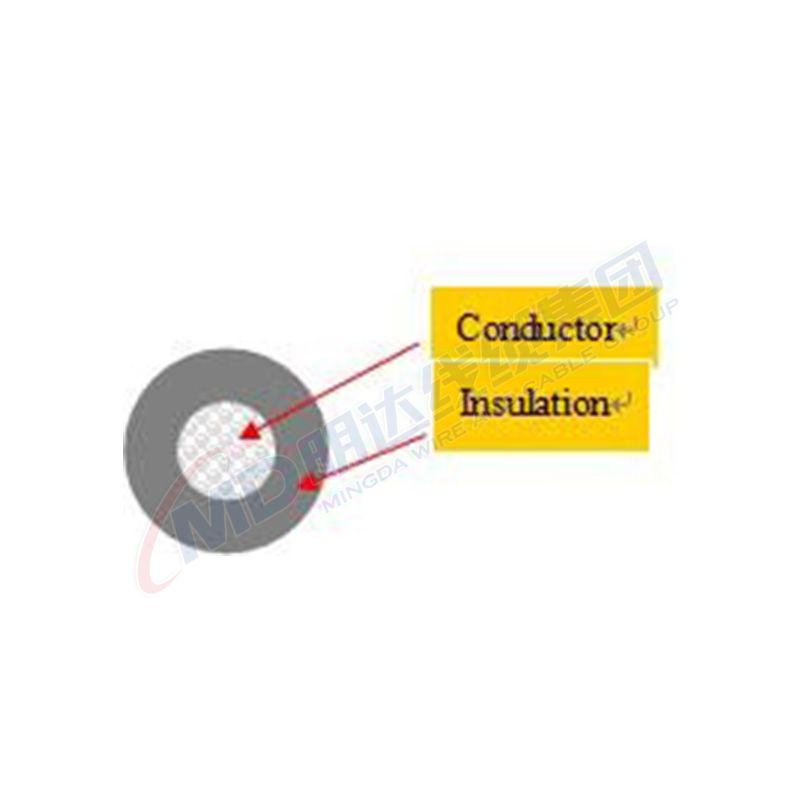Nov . 10, 2024 20:04 Back to list
Understanding the Functionality and Applications of Hydraulic Control Valves in Systems
Understanding Hydraulic Control Valves Essential Components in Fluid Power Systems
Hydraulic control valves are crucial components in hydraulic systems, designed to regulate the flow and pressure of fluids. These valves play a vital role in various applications, from industrial machinery to automotive systems, due to their ability to precisely control hydraulic pressure and fluid movement.
What is a Hydraulic Control Valve?
At its core, a hydraulic control valve is a device that directs or controls the flow of hydraulic fluid in a system. It can either allow or restrict fluid flow, enabling operators to manage the operation of hydraulic actuators, such as cylinders and motors. The functionality of these valves is essential for maintaining the efficiency and safety of hydraulic systems.
Hydraulic control valves come in various configurations, including directional control valves, pressure relief valves, and flow control valves. Each type of valve serves a specific purpose in managing hydraulic fluid to achieve desired mechanical movements and control.
Types of Hydraulic Control Valves
1. Directional Control Valves These valves determine the path that hydraulic fluid will take in a circuit, directing it to the appropriate actuator. They can be operated manually, electrically, or hydraulically, and are commonly used to control the movement of machinery components.
2. Pressure Relief Valves Designed to protect hydraulic systems from excessive pressure, these valves automatically open to release fluid when a preset pressure level is exceeded. This prevents potential damage to components and maintains system integrity.
3. Flow Control Valves Flow control valves are used to regulate the speed of hydraulic actuators by controlling the flow rate of fluid. By adjusting the amount of fluid that reaches the actuator, operators can fine-tune the speed and performance of machinery.
hydraulic control valve

4. Sequence Valves These valves ensure that operations occur in a specific order. They allow the fluid to flow to a secondary circuit only after the primary circuit has reached a designated pressure level, ensuring coordinated movements in complex hydraulic systems.
Working Principle
The working principle of hydraulic control valves is based on fluid mechanics and pressure differentials. When hydraulic fluid is pumped into the system, it exerts pressure on the valve's controlling mechanisms. Depending on the valve design, this pressure can either allow or restrict fluid flow, thus enabling or disabling the operation of hydraulic actuators.
For example, in a directional control valve, when the valve is actuated, it changes the path of the hydraulic fluid, causing an actuator to extend, retract, or perform other functions. The precision of this operation is critical to the performance of hydraulic machinery.
Importance in Industrial Applications
Hydraulic control valves are integral to many industries, including construction, manufacturing, and automotive. In construction equipment, such as excavators and bulldozers, these valves ensure the precise control of movements and powerful lifting capabilities. In automotive applications, hydraulic control valves are used in braking and steering systems, enhancing vehicle safety and performance.
Their ability to provide precise control and responsiveness makes hydraulic control valves indispensable for modern machinery. They improve efficiency, reduce energy consumption, and prolong the life of hydraulic systems by preventing overpressure and enabling smooth operation.
Conclusion
In summary, hydraulic control valves are essential components in hydraulic systems that facilitate the control of fluid flow and pressure. Understanding their types, working principles, and applications is crucial for anyone involved in the design, operation, or maintenance of hydraulic machinery. As technological advancements continue to evolve, hydraulic control valves will remain a pivotal element in the efficiency and performance of hydraulic systems across various industries, ensuring that machinery operates smoothly and safely. Whether you are an engineer, technician, or machine operator, a solid understanding of hydraulic control valves is key to mastering the complexities of fluid power systems.
Share
-
Reliable Wafer Type Butterfly Valves for Every IndustryNewsJul.25,2025
-
Reliable Flow Control Begins with the Right Ball Check ValveNewsJul.25,2025
-
Precision Flow Control Starts with Quality ValvesNewsJul.25,2025
-
Industrial Flow Control ReliabilityNewsJul.25,2025
-
Engineered for Efficiency Gate Valves That Power Industrial PerformanceNewsJul.25,2025
-
Empowering Infrastructure Through Quality ManufacturingNewsJul.25,2025